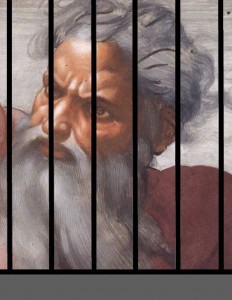On reclaiming the United States
Last week, I had the opportunity to attend a fund-raising Gala for Missouri GRO (Grass Roots Organizing). GRO is an impressive progressive organization. It was founded by a small handful of rural activists, mostly women who, according to a history of the organization written by Tony Pecinovsky, "wanted more accountability from politicians and big businesses alike." Most of its members are people who live in rural Missouri, "people who live in small towns not necessarily known for their progressive politics." GRO is part of a nationwide network of progressive organizations, National People's Action, that has coordinated local activist organizations pushing hard for health care reform, Wall Street financial reform and other important issues. GRO is anything but shy. Consider this account (from the literature handed out at the gala event last week):
GRO carried out a winter-long anti-payday lending campaign that backed QC Holdings [Owner of the company that runs one of the biggest payday lending chains in the country] into a corner of public scrutiny and legislative pressure. On April Fools' Day we learned the Missouri legislature gave the payday loan industry a solo "hearing," led by theVice Chair of the Financial Institutions Committee, who owns a payday loan store inCabool, Missouri. The industry went totally unchallenged. They took over our public domain. So we decided to take over QC Holding's private domain in corporate words, Overland Park, Kansas. . . . We mobilized all150+ of our people up 15 floors on elevators to take over the corporate penthouse suite of the Missouri's largest payday lending operation.
In short, GRO has made a lot of noise where corporate power is runing amok. Because of this moxie, GRO has earned the respect of many in Missouri and outside of Missouri. At its fund-raising gala last week, GRO filled a large downtown St. Louis hotel ballroom with supporters who gathered to hear the keynote speech delivered by John Nichols, Washington Correspondent of The Nation Magazine. Nichols is also co-founder (with Robert McChesney) of Free Press, one of the country's leading media reform organizations. Prior to speech, John Nichols gave me permission to videotape his speech so that I could make it available here at Dangerous Intersection. In Part I of his speech, Nichols makes the argument that we do not really have a debt crisis. He passionately explains what kind of crisis we actually do have. In Part II of his speech, Nichols takes a hard critical look at the United States Supreme Court decision, Citizens United v. FEC. Nichols reminded the audience that the first American tea party was an anti-corporate tea party. Toward the end of Part II, Nichols argues that in order to take our country back, we will need an anti-corporate revolution-- we will need to go around the "corrupted" United States Supreme Court by organizing at the grass roots and enacting a Constitutional amendment declaring that "No corporation is the equal of a citizen" and "Citizens are supreme."
